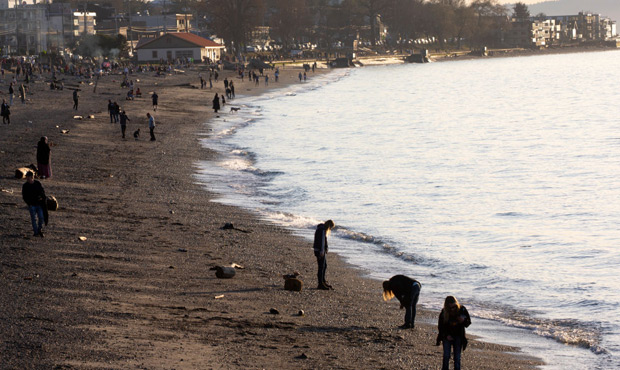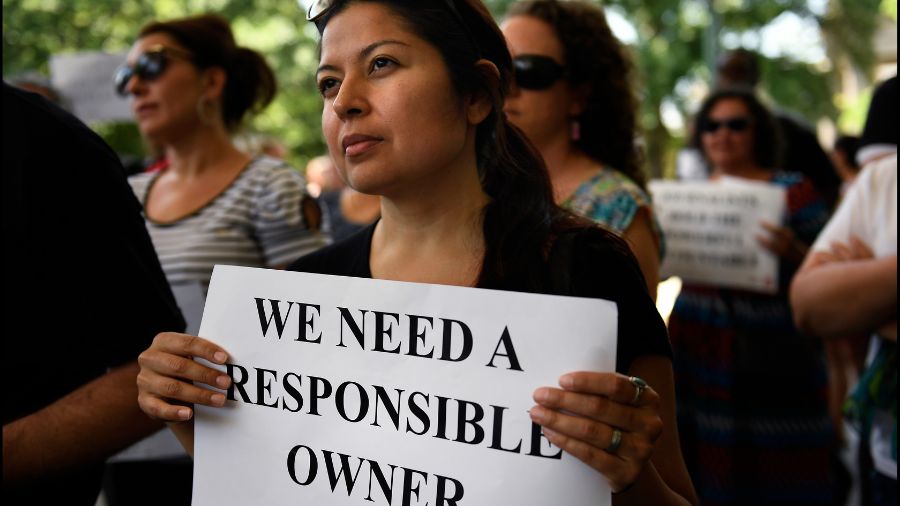What can we expect from COVID-19 outbreak with summer looming?
May 26, 2020, 8:12 AM | Updated: 10:39 am

Alki Beach. (Photo by Karen Ducey/Getty Images)
(Photo by Karen Ducey/Getty Images)
As we approach the summer months, many are wondering what that will mean for the ongoing COVID-19 crisis.
COVID-19 is ‘not the death of Seafair’ this summer, say organizers
“States are to greater or lesser extents and with more or less clear plans, exiting ‘lockdowns’ designed to prevent spread of the virus. Experts are predicting dire consequences. It’s probably a little more complicated than that,” Harvard University Associate Professor Bill Hanage detailed.
Even with many areas beginning to reopen, Hanage points out that the pandemic has already changed the way people interact.
That will likely play into how the virus spreads when restrictions begin to relax this summer.
“The first surge will have changed the sorts of contacts people make. Heightened awareness will likely make folks wary,” Hanage noted. “We’re not gonna flip back to March, but with better weather.”
That being so, he also warns that “this doesn’t mean we’re done with this,” thanks in large part to a lack of large-scale immunity.
Even in Sweden — which infamously decided not to enact strict distancing measures — recent testing revealed that just 7% of Stockholm residents are immune to the virus. In order to achieve true herd immunity, that number needs to be up around 60%.
Stateside, there’s still a great deal of uncertainty as to what we can expect this summer.
“What it does mean is that the immediate future of the pandemic is unclear,” Hanage said. “What we should expect in outline is more disease, and more death. Local flare ups, and eventually larger outbreaks in population centers. But when exactly and where is not readily predictable.”
Washingtonians can expect depressing fall after angry summer
Like many of his colleagues, he advocates for increased testing in place to detect these flare ups, and to “prepare for the fall when more time indoors will drive transmission up again.”
“Stopping transmission earlier prevents more cases in the future,” Hanage said. “Alert readers will recall epidemiologists were saying this in early March. This is a mistake we shouldn’t make again. We need testing.”












